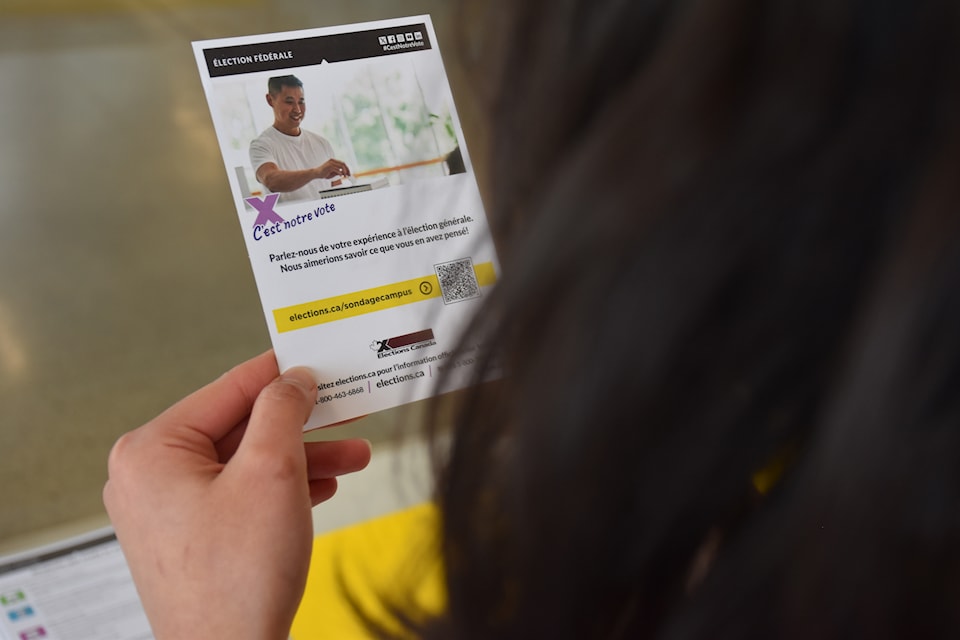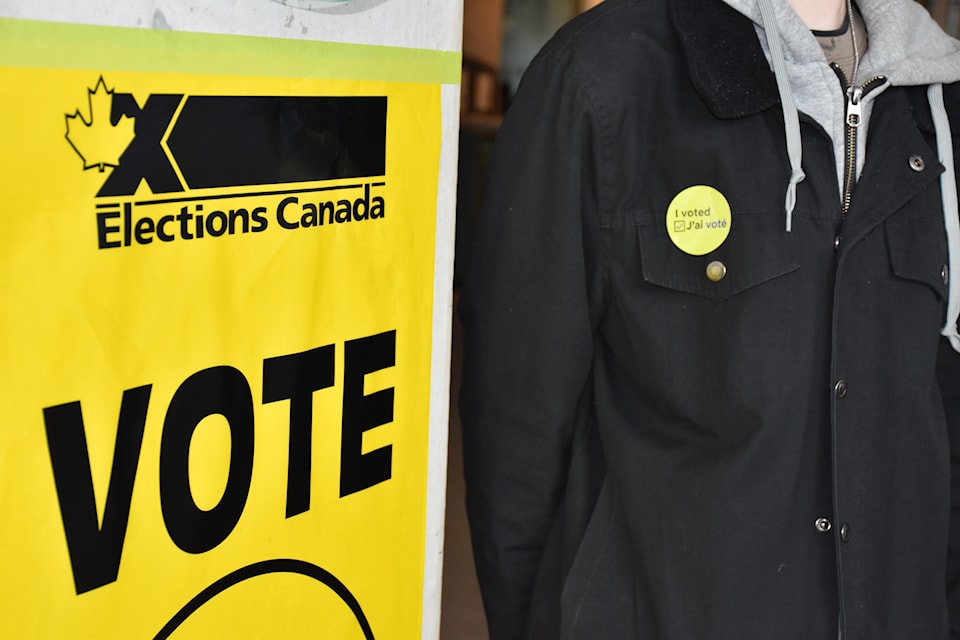Voting can feel overwhelming for many young people—complicated, polarizing, or sometimes easy to dismiss with the lingering question of “does it make a difference?”
Voters aged 18 to 24 had the lowest turnout among all age groups in the 2021 federal election. Less than 50 per cent of young voters went out to the polls. That marked a nearly 10 percentage point drop from the previous election.
While the system can feel hard to navigate and harder to trust, young voices can carry real weight and even more real-world consequences, shaping their world.
Through voting, young people can contribute to the national dialogue and ensure their concerns are reflected in policy.
-
The largest voting bloc
Young voters, categorized by Elections Canada as those aged 18 to 34, are now the largest voting demographic in the country. As both the future and a significant part of the current workforce, the group has the opportunity to shape policies through voting.
"It's super, super effective to also harness our collective power," said Erica De Torres, director of impact and development at Apathy is Boring, a non-partisan, youth-driven Canadian charity that educates Canadian youth to vote.
-
Decisions affect their future and representation of issues
Whether it's paying for school, trying to find a job or dealing with the climate crisis, young people are living it. Voting provides an opportunity to elect representatives who address these concerns.
"You can kind of see it when it comes to politicians speaking about their policies, is that we won't be adequately represented if people don't actually show up, so the issues that we care about, they may not even put it on the ballot," she said.
-
Over-representation of older generations
Historically, older generations have had higher voter turnout. Experts suggest this is partly because they experienced significant historical events, such as World War II and the civil rights movements, that reinforced the importance of voting. Additionally, financial stakes, such as property ownership, motivate them to vote in their interest. In the 2021 federal election, voter turnout for ages 65 to 74 was 74.9 per cent, significantly higher than for younger demographics.
Greg Narbey, a professor of political philosophy at Humber Polytechnic, says that the election outcome highly matters to the older generation because they have “skin in the game.”
“They're concerned about property, so taxes become very important to them. They want to be able to keep more of what they earn typically and they own houses, which is a resource and we have a tax system that that favours homeowners,” he said. Hence, the older generation’s priorities can overshadow the younger generation.
-
Holding leaders accountable
By participating in elections, young voters send a clear message to politicians that their generation is engaged and expects action on key issues. Low youth turnout can be interpreted in two ways: as a sign of satisfaction with the current government or as a result of disengagement due to a lack of representation in the political process.
"Low voter turnout can reflect the fact that people are pretty happy with the status quo," Narbey said.
However, he also offers an alternative explanation: "They don't vote because they (young individuals) don't think it will make a difference. But if you're a baby boomer politician, then you know, they might say, well, that's fine—not voting is a great way to make sure that you don't make a difference."
-
Civic engagement is not enough
Gen Z has high civic engagement. However, experts say that activism alone is not enough— many of the issues being addressed are directly or indirectly tied to electoral politics. Voting is a crucial step in ensuring that activism leads to actual policy change.
"Around Humber College, a lot of the work that's being done is by student volunteers. And that kind of civic engagement is tremendous. It's a good thing. But if you want students to not have to rely on food banks when they go to college, then you're gonna have to pay attention to electoral politics," said Narbey.
"Democracy is power vested in the people through free and fair elections, ensuring that we are represented by individuals who advocate for our best interests" -- Erica De Torres, director of impact and development at Apathy is Boring


